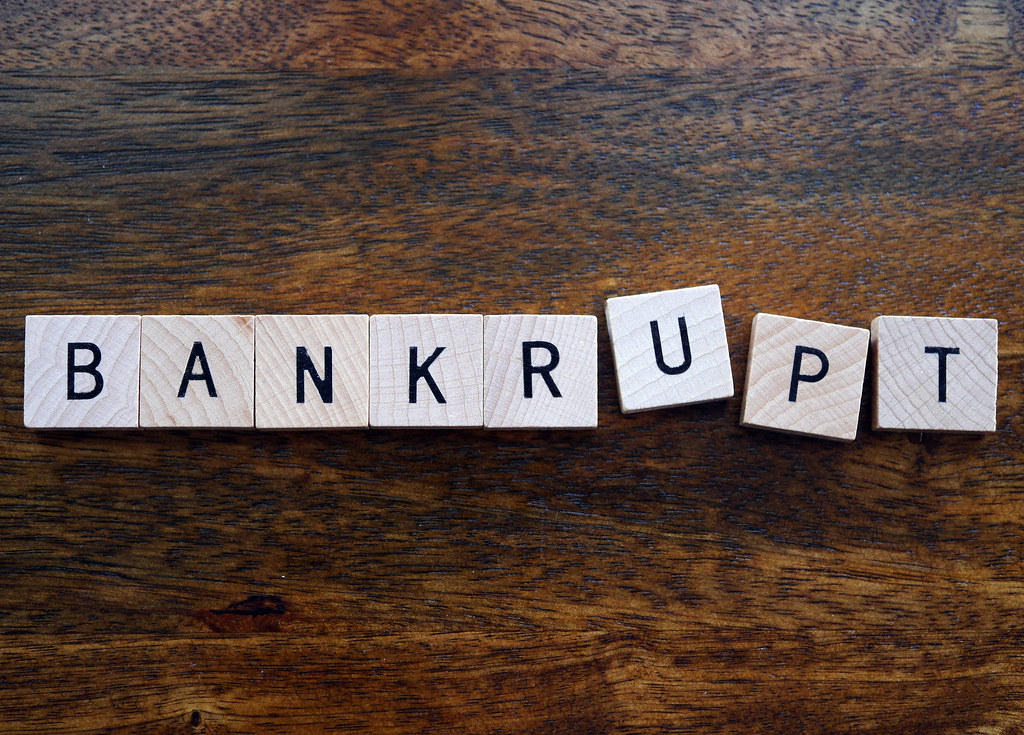Recent trends indicate a sharp rise in the levels of corporate and business bankruptcies. As more businesses consider bankruptcy, one of the most pressing questions is how SBA (Small Business Administration) loans, PPP (Paycheck Protection Program), and EIDL (Economic Injury Disaster Loan) loans are handled in such circumstances.
Over the past few years, the federal government has approved numerous SBA, PPP, and EIDL loans to help business owners sustain their operations during the COVID-19 pandemic. Unfortunately, many businesses are still unable to return to pre-COVID levels. These businesses are considering bankruptcy to eliminate SBA debts. So, can SBA debts be discharged through bankruptcy?
In short, the answer is “yes.” SBA debts are dischargeable through Chapter 7 business bankruptcy. However, if a Chapter 11 or Chapter 13 bankruptcy is filed, a portion of the SBA debt may need to be repaid.
What happens if collateral is pledged when obtaining an SBA loan? When the amount of the SBA loan exceeds a certain level, the SBA has required businesses to pledge collateral as a condition for the loan. In some cases, the SBA has even demanded personal assets, such as homes, as collateral. In the event of a business bankruptcy, all assets owned by the business must be liquidated, with the proceeds going to creditors. Therefore, if only business assets are pledged as collateral, they will be liquidated during this process. If personal assets are pledged as collateral, fortunately, they are not liquidated during the bankruptcy process. However, the lien on the pledged personal assets does not disappear even after the bankruptcy is completed.
In addition to collateral, the SBA has also required personal guarantees from business owners as loan conditions. A personal guarantee means that even if the business fails, the individual is obligated to repay the loan from personal assets or income. Thus, the debts incurred through personal guarantees remain the responsibility of the individual, even if the business declares bankruptcy. However, it’s worth noting that such personal debts can be discharged through personal bankruptcy. Therefore, many business owners considering bankruptcy to discharge SBA loans are also contemplating personal bankruptcy.
Utilizing SBA loans and other government assistance programs is crucial when businesses face financial difficulties. However, there may come a time when businesses cannot repay their loans despite these efforts. In such cases, bankruptcy may be a viable option. However, a proper understanding of bankruptcy is essential. Making careful decisions considering collateral, personal guarantees, and the bankruptcy process is necessary. Therefore, seeking professional legal advice to explore tailored solutions for individual situations is strongly recommended.
